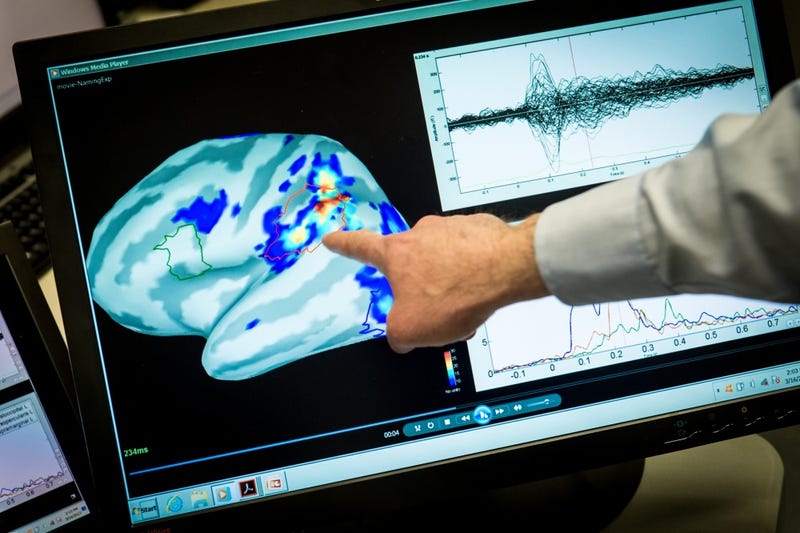
The Army is set to review discharges for thousands of veterans affected by post-traumatic stress disorder, traumatic brain injuries, military sexual trauma and other behavioral health conditions after a class-action lawsuit.
The Army's announcement this week followed a settlement reached in November in the nationwide class-action lawsuit Kennedy v. McCarthy, which a federal court approved in late December. The lawsuit became a class-action suit by former soldiers, which argued the Army needed major changes to its policies and procedures for reviewing discharge upgrade applications and to review previous applications that were denied.
The lawsuit focused specifically on post-9/11 Army veterans -- including the Guard and Reserve -- affected by post-traumatic stress disorder, traumatic brain injury, military sexual trauma and other service-connected health concerns who received punitive other-than-honorable discharges.
Under the settlement, the Army specifically agreed to improve its guidance for reviews, making the process potentially more generous for veteran applicants, create a universal system for veterans to attend hearings remotely by phone and to review discharges for possible upgrades for post-9/11 vets and future generations.
The Army has administratively released more than 150,000 soldiers with other-than-honorable discharges since Sept. 11, 2001. Many of those have been rooted in relatively minor misconduct linked to undiagnosed PTSD, TBI, MST and other service-connected conditions. Some of those punitive discharges were over a soldier's suicide attempt, where the Army decided to expel them rather than provide care.
More than half a million veterans are living with other-than-honorable discharges, according to the Department of Veterans Affairs, most of them denied some or all major benefits such as the GI Bill, VA health care and others. About a quarter of all veterans receive a bad-paper discharge.
Though Defense Department policy since 2017 required "liberal consideration" for veterans who present evidence of PTSD or other related conditions in their discharge reviews, the review board routinely denied thousands of "bad-paper veterans" upgrades, and the policy clarification three years ago wasn't retroactive.
Army veteran Alicia Carson filed a lawsuit in 2017 challenging the Army's failure to follow Pentagon policy on discharge reviews. The settlement announced late last year means that veterans who submit applications for discharge upgrades should now be allowed reviews according to those policies, as well as some improvements.
Those changes include the review board informing veterans about their right to medical evaluations and potential resources for free legal counsel to help them in completing their discharge upgrade paperwork, making sure veterans have access to hearings remotely by phone, and better-documenting discharge upgrade denials.
A study released in March revealed that VA for decades unlawfully turned away thousands of veterans with other-than-honorable discharges -- leaving some of those most in need bereft of care.
VA officials told Congress in July that over the last 10 years, the department made more than 35,000 character of discharge (COD) decisions. Of those, 90% were denied for at least some VA benefits. At least 10,000 were denied medical benefits. Officials told Congress VA is working on revising its policies but those changes had not yet been published.
Veterans who are part of the class-action lawsuit will receive notice and will have the chance to attend the hearing in U.S. District Court. If the settlement is approved, those veterans will receive a notice describing their rights under the agreement, according to the legal clinic.
The settlement announced Wednesday applies only to the Army. The Navy is facing a similar lawsuit for allegedly falsely denying retirement disability claims to more than 16,000 veterans.
For more information contact the Yale Veterans Legal Services Clinic at kennedy.settlement@yale.edu or 203-364-4588, or go to https://arba.army.pentagon.mil/adrb-overview.html.
—
Reach Abbie Bennett: abbie@connectingvets.com or @AbbieRBennett. Sign up for the Connecting Vets weekly newsletter to get more stories like this delivered to your inbox.


